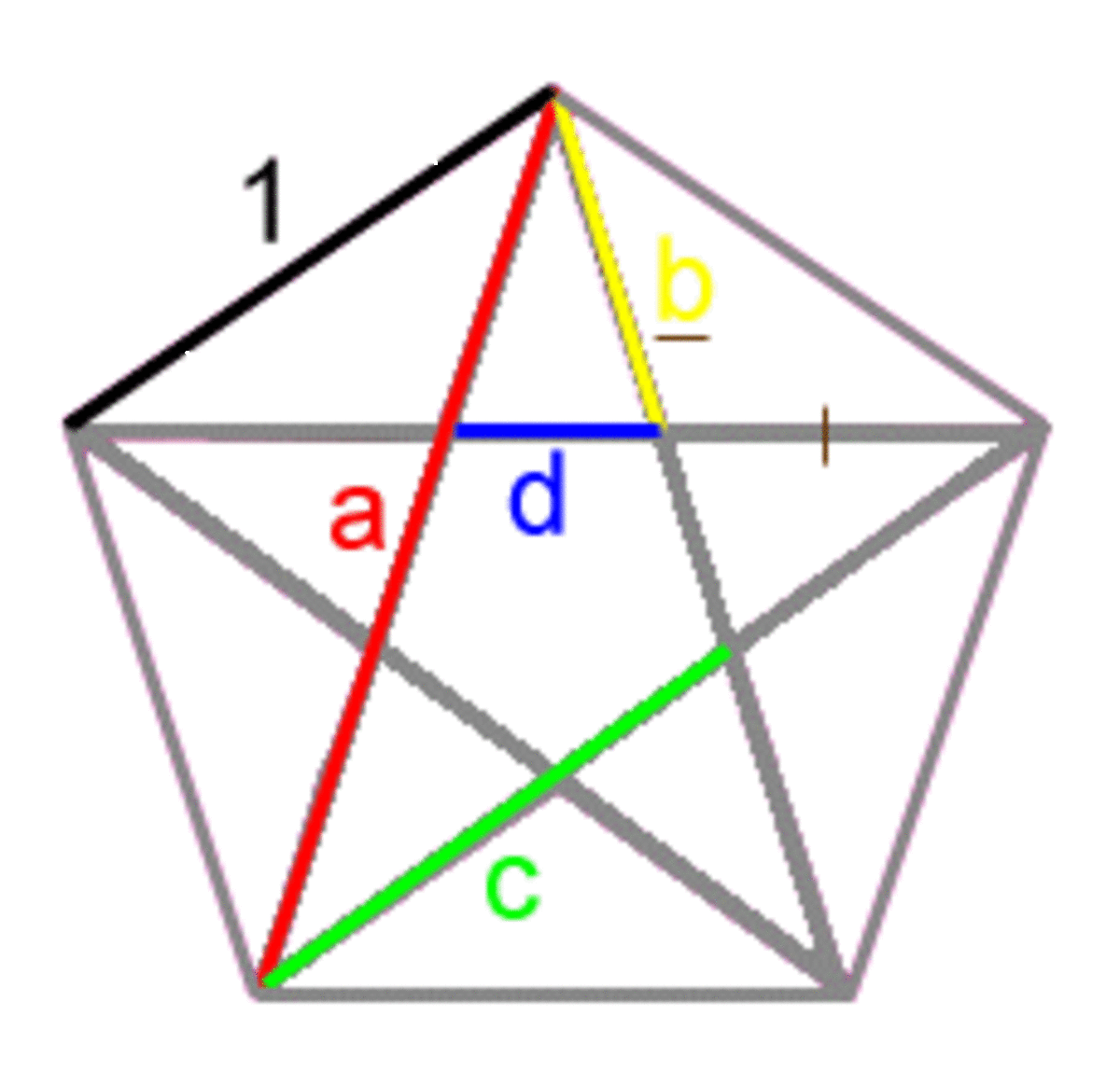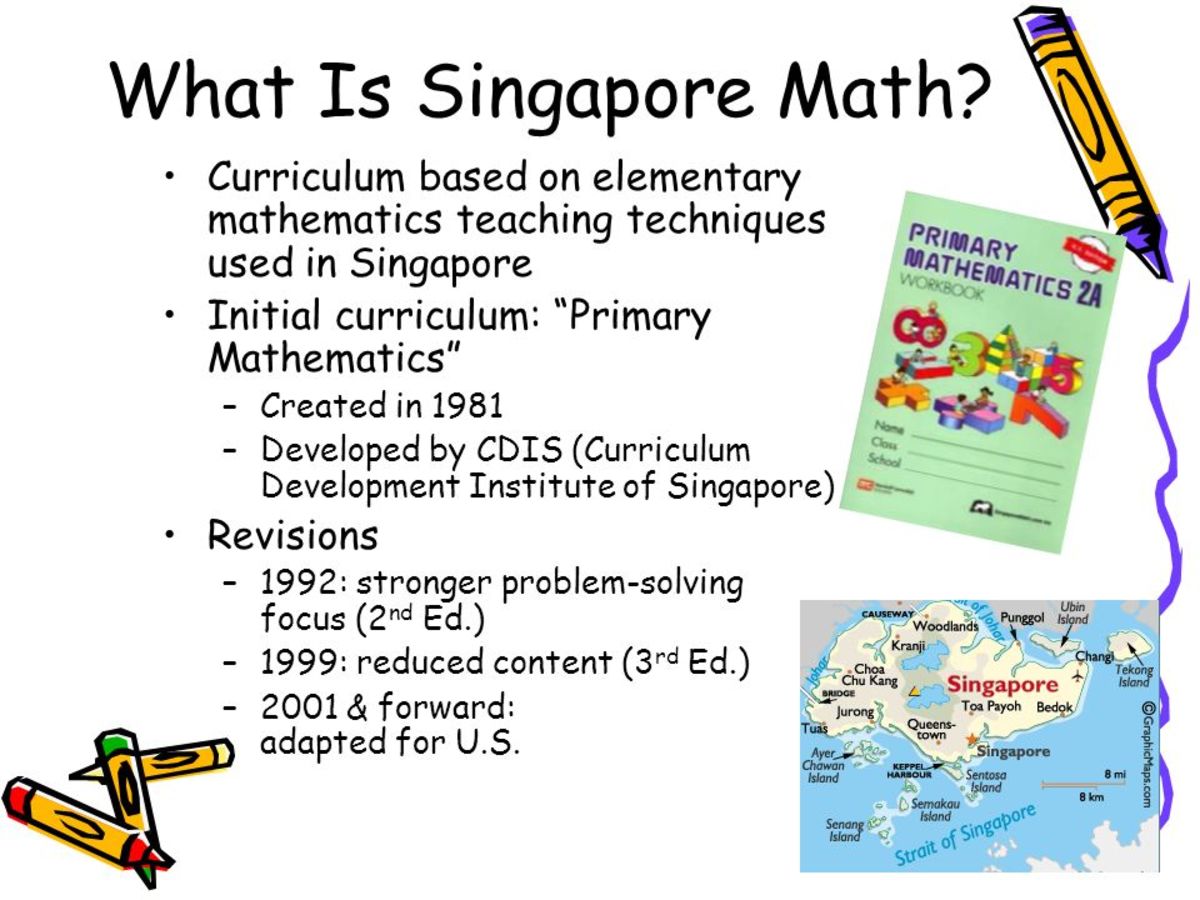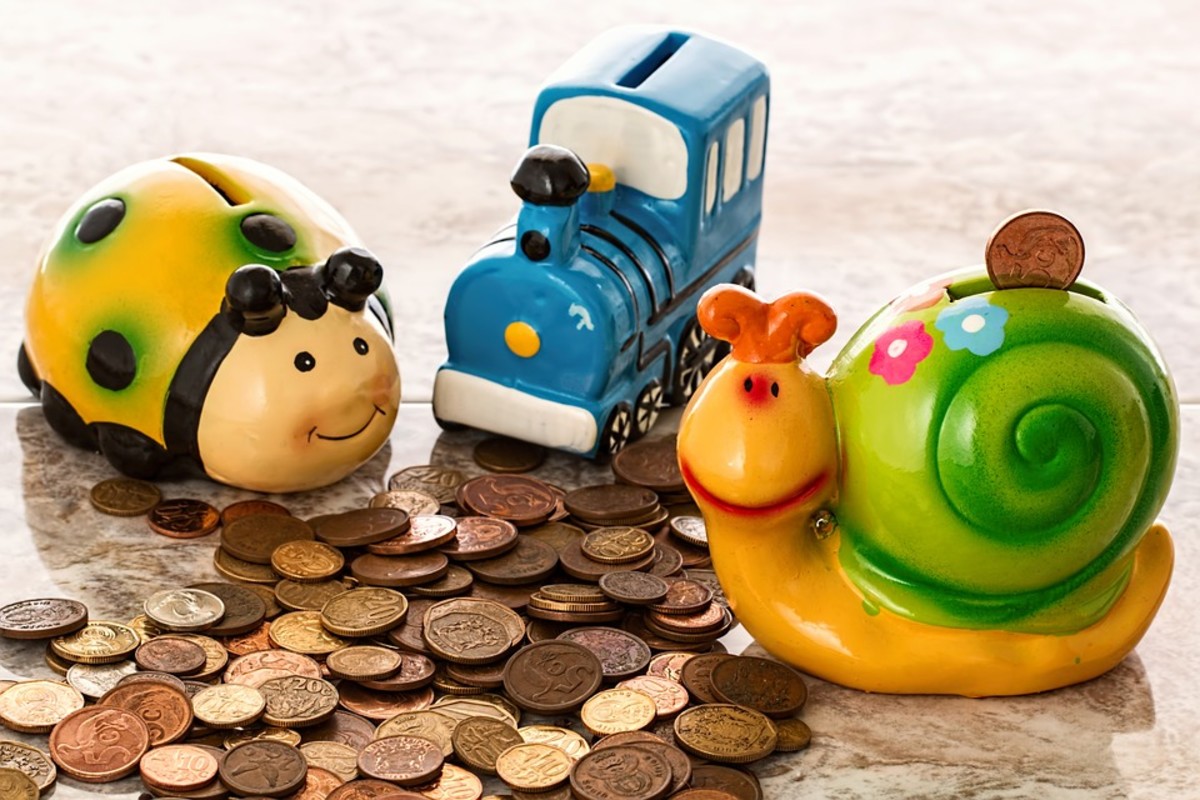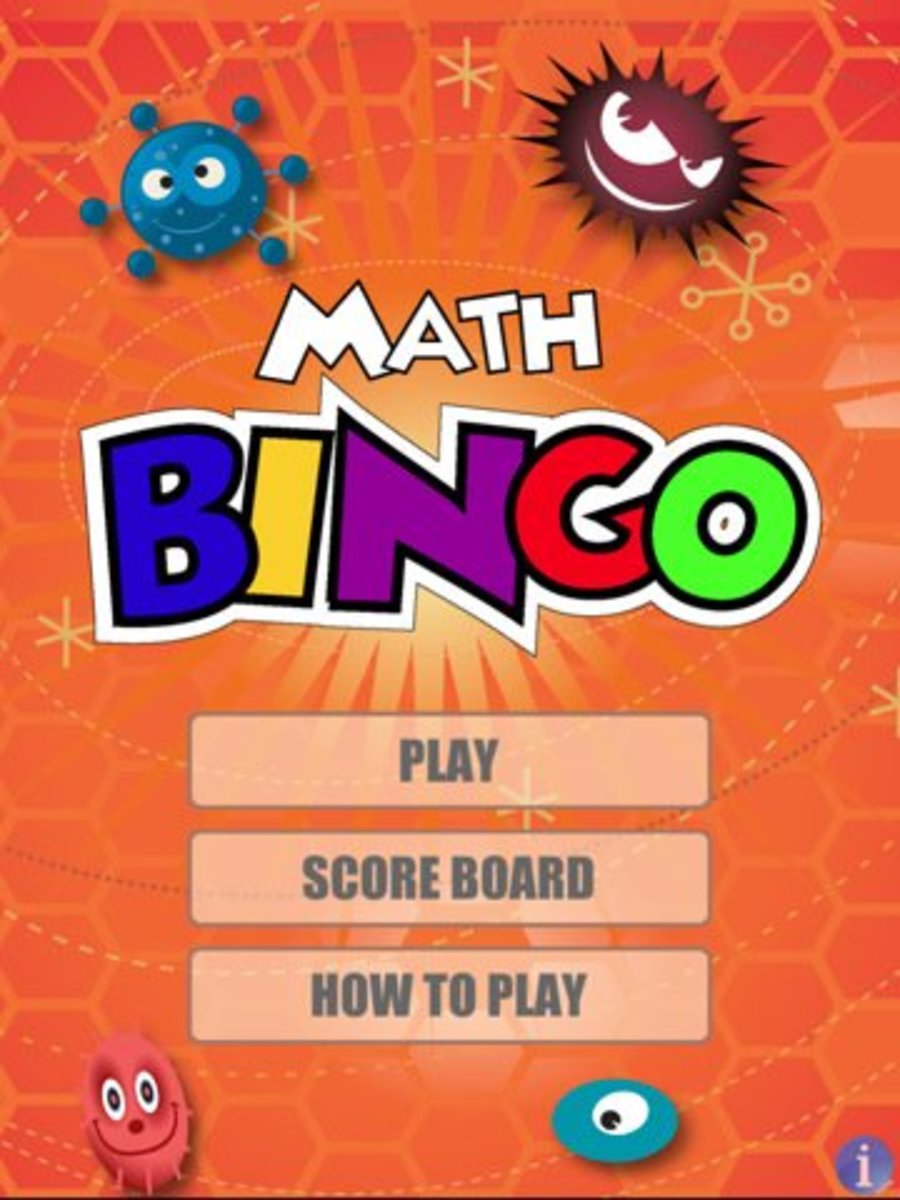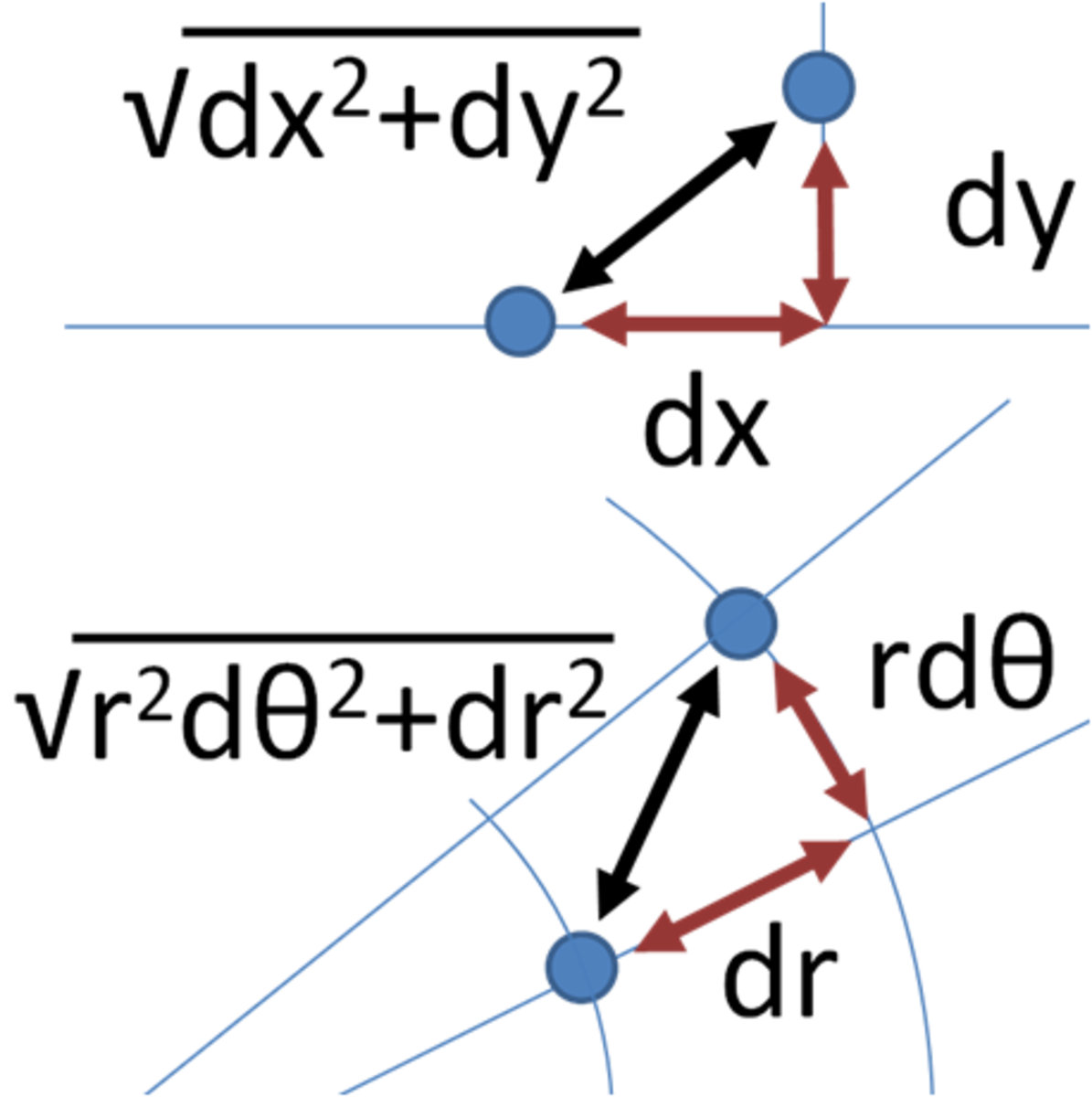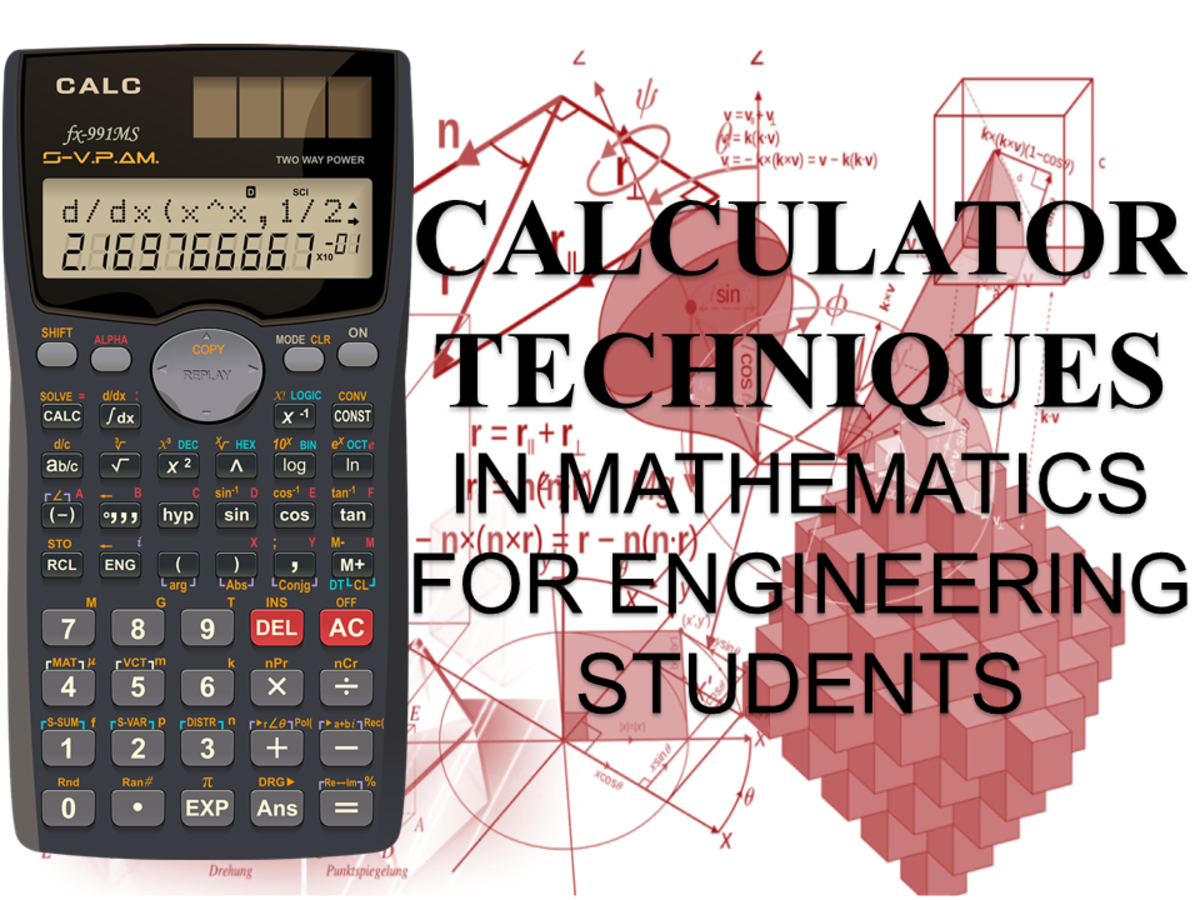Fun Math Toys: Enhancing Math Skills Without Children Realizing It
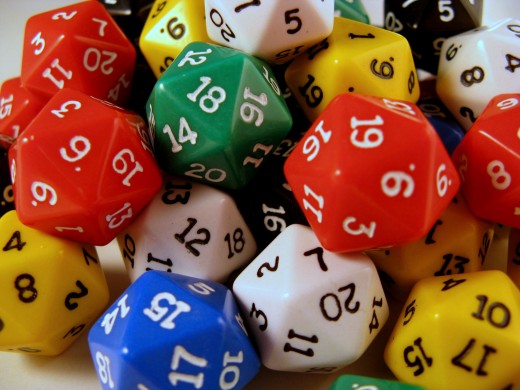
Some kids enjoy flash cards but not all. There are kids who find them too educational and do not consider them as toys. Fortunately, there are toys that develop children’s mathematical skills while still keeping them entertained. These toys make learning fun that kids don’t even realize that they gain knowledge by playing with them.
Knowledge about numbers is fundamental to learning math but basic math skills are not all about numbers. There are other aspects of math beside numbers that children have to learn so they’ll be able to grasp more advanced mathematical concepts later on. Some of these skills also help develop a genuine interest in mathematics.
Verbal reinforcements when playing with the toys below are helpful in their learning process.
In school, children are usually asked to tell the class what the similarities are or what the problem is. While these toys are good in helping kids learn about some of the concepts in math, they will have more impact if children can point these concepts out verbally. It might be good to ask kids some questions to help them do this. Why, how and how much are good questions to ask once in a while to help them speak out some of the concepts they noticed. But be careful not to do this often because you might take the fun out of the game.
Below are some numeric and non-numeric skills needed in understanding mathematics as well as toys that help in learning them.
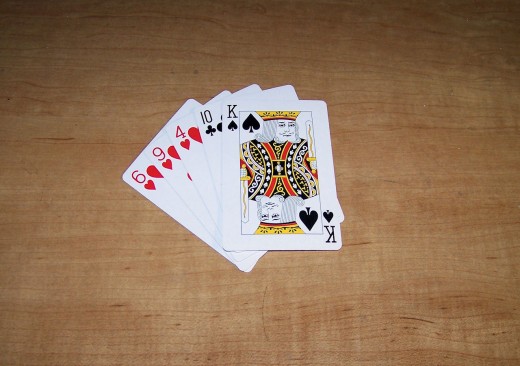
Math Involves Comparing and Recognizing Patterns
As soon as you begin to notice similarities between objects, you compare. Comparing objects can be based on properties like color or size. We do it consciously and unconsciously. Consciously, we do it when we make point to point comparisons like picking which one is better between two TV sets. However, we do it unconsciously too. For example, when you notice two pink colored flowers as you get out of the house, you compare.
A comparison can also be done by referencing the state of an object from a certain period in time. This is how we recognize patterns. We establish a pattern when we talk about how much the flower has grown three days ago or how fast Garfield eats whenever given lasagna. Recognizing patterns and comparing almost always go hand in hand with contrasting, which talks about differences.
In math, these skills are used when comparing similar and dissimilar fractions, comparing variables and ordering numbers.
- Playing Cards are Fun Toys that Enhance Comparison Skills
Card games develop comparison skills because they involve arranging similar suits so that we can play a better hand. Pairing similar cards is also involved in most card games. In crazy eights for example, the game is played by laying down cards of the same suit or number as the one previously laid down. Furthermore, most card games require arranging cards from the least to the greatest. Arranging sets or numbers is almost similar to this activity.
Dominoes and other playing cards such as Uno, Blink, Phase 10 and Spot It also enhance comparison skills.
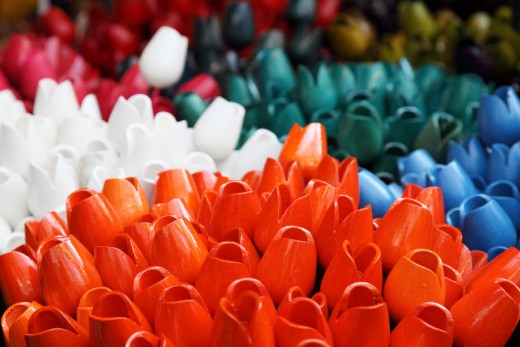
Math also Involves Sorting
Sorting means classifying and grouping things based on similarities. We usually sort when we clean up the house or when we collect as a hobby. For us adults, sorting involves looking for intricate attributes in objects before classifying them. But for kids, sorting objects are based on simple attributes like shapes and colors. Sorting makes it easier for us to put things in order.
In math, sorting skills are needed when learning about sets.
- Playsets are Fun Toys that Enhance Sorting Skills
Remember when we were kids and Mother asks us to sort the groceries into food and non-food items and those that will be stored inside the ref and the ones that will be stored inside the cabinet? When playing with playsets, children also sort items. In a house playset for example, furniture and decorations are put in the rooms they appropriately belong to - tables are placed in the kitchen and beds in the bed rooms. Some children even try to match the color of the items to the color of the room. Some children also sort objects according to their function.
Building blocks and construction sets also enhance sorting skills.
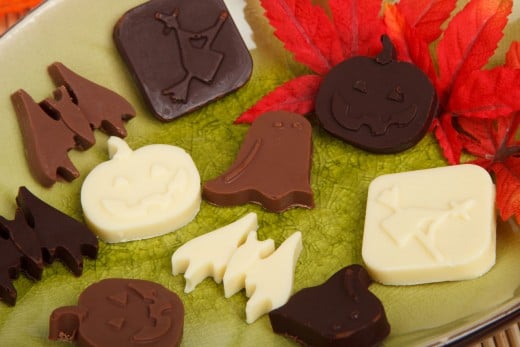
Logic and Problem Solving
Problem solving in math generally refer to worded problems. The ability to point out what the real problem is based from a question is helpful in coming up with solutions. Simple questions at home like “How many candies and chocolates do you have?” enhance children’s problem solving skills.
There are many ways to come up with solutions to problems. Making an analogy and trial and error are some of them. It would be beneficial to kids if they were sometimes asked simple questions that employ different problem solving strategies to make them familiar to the different ways of solving a problem. Creativity skills are also enhanced through problem solving.
- Sliding Puzzles and Tower of Hanoy Enhance Problem Solving Skills
Sliding puzzles like the ThinkFun Rush Hour and the Tower of Hanoi encourage kids to think of step by step processes to solve problems. In sliding puzzles for example, tiles have to be moved one at a time to form an image or to release a certain tile. Children usually come up with a mental formula first and then carry it out to check if it will work. Children can also use trial and error to solve these puzzles.
Mazes also enhance problem solving skills.
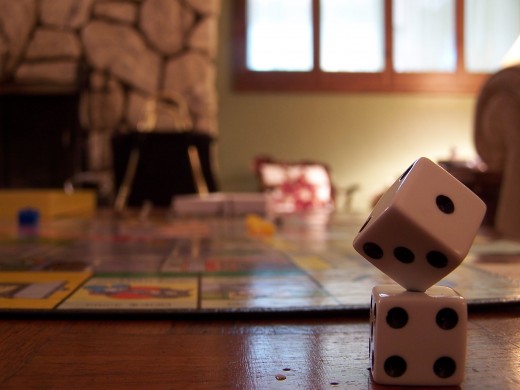
Addition and Subtraction
Addition and subtraction are so fundamental that they are the basis even for math operations like multiplication and division. To teach kids about these operations, you can use representations for numbers like dots or sticks. Using representations in games encourage kids to participate more than when numbers are used.
Using objects like apples and oranges to teach addition and subtraction is more visually appealing to kids because these objects are tangible. Objects that we always see are good tools to use because it is easier for us to remember concepts when we are able to associate them with objects.
- Dice and Boardgames for Developing Addition and Subtraction Skills
Go back to start and go back 2 spaces were the squares that I remember most about board games. Adding the dots on the dice and counting how many squares are needed to finish the game are some of the math exercises involved in playing board games. You can sometimes ask questions about the number of squares advanced or the result of the dice roll to enhance verbal skills. For a fast paced game, try playing the game with 3 dice.
Games involving play money like Monopoly also enhance addition and subtraction skills.
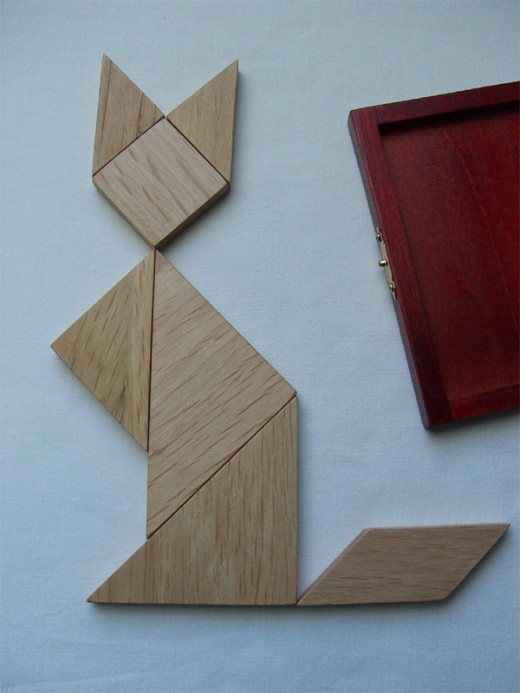
Shapes and Geometry
Familiarization with different shapes makes it easier to understand different geometrical concepts. In triangles for example, it is important to note that variations in the length of the sides result in different triangles. When playing with shapes, children also learn about theorems although on a much superficial scale. Puzzles also enhance thinking skills that maybe useful in proving theorems.
- Tangrams Develop Familiarization with Geometry
Tangrams is a game wherein you use a set of shapes to form the shape of another object. By playing with this toy, children learn that a house, for example, can be drawn by using other shapes like rectangles, squares and triangles instead of the more common triangle placed on top of a square. With tangrams, children realize that shapes can be joined together to form other shapes.
Pentominoes and shape sorting cubes also develop familiarization with shapes.
Educational toys that enhance math skills develop better appreciation of mathematics in kids. Having fun while learning help show kids that math is not that boring after all.
Develop Personal Hygiene:
- Encouraging Personal Hygiene Practices in Kids Through Toys
Children should learn to keep themselves healthy through hygiene practices. Through toys, kids can learn about personal hygiene in entertaining ways which can develop into healthy habits.
Toys and Learning Systems:
- Interconnectivity and Learning Systems: Toys that Make Use of the Internet
Trending ways of how toys make use of the internet to add new dimensions on how they are played. To fully maximize their features, internet connection is required.



